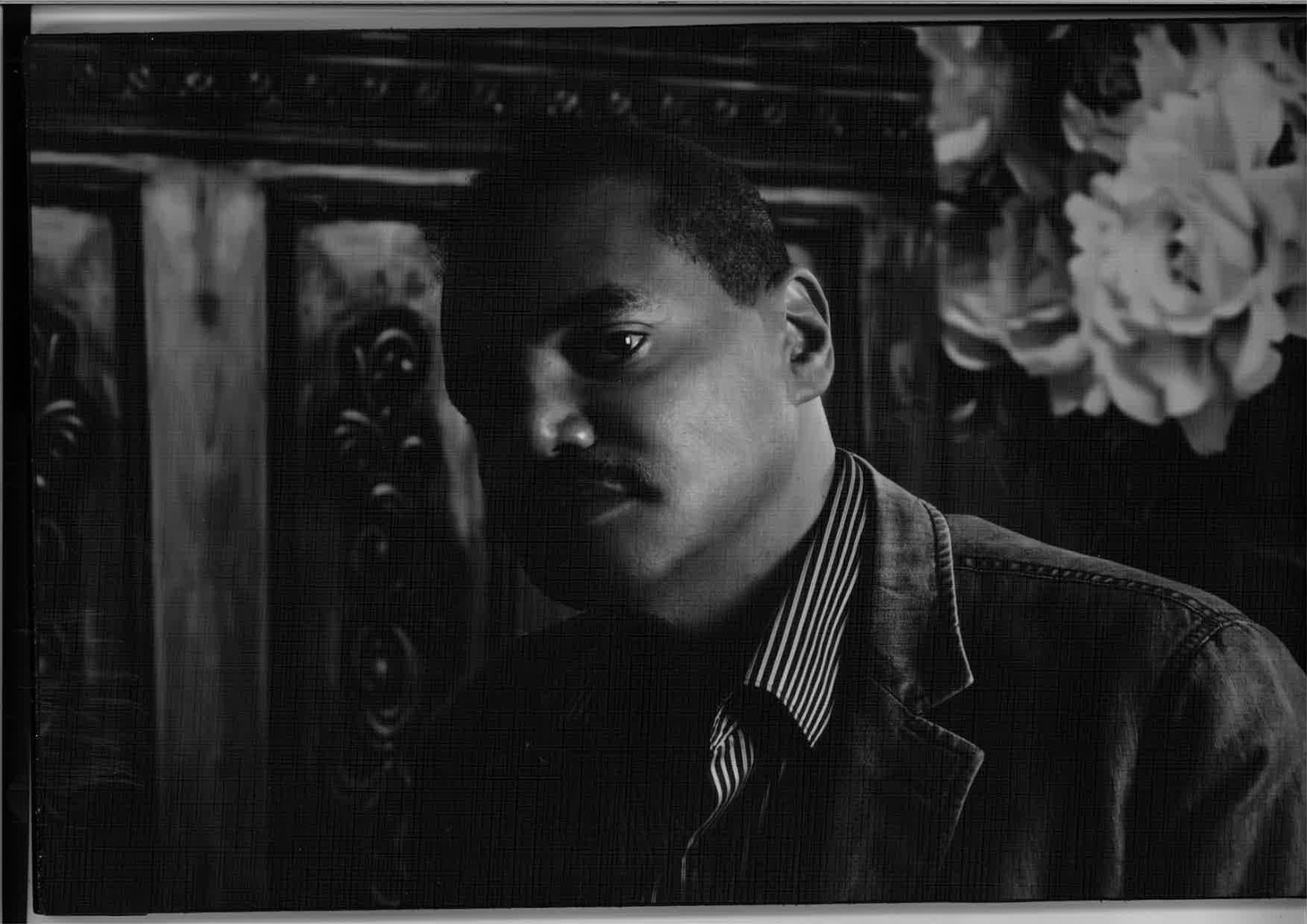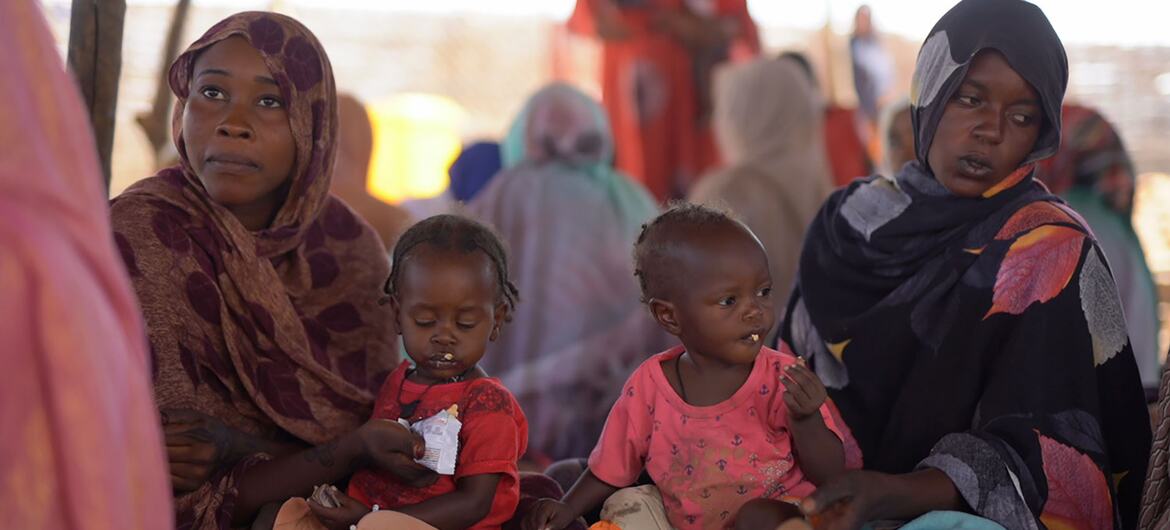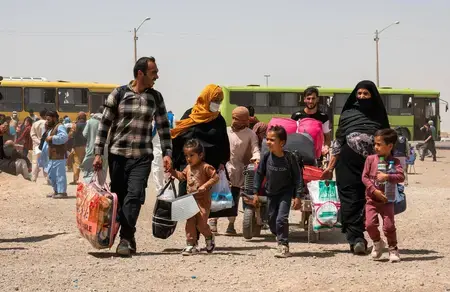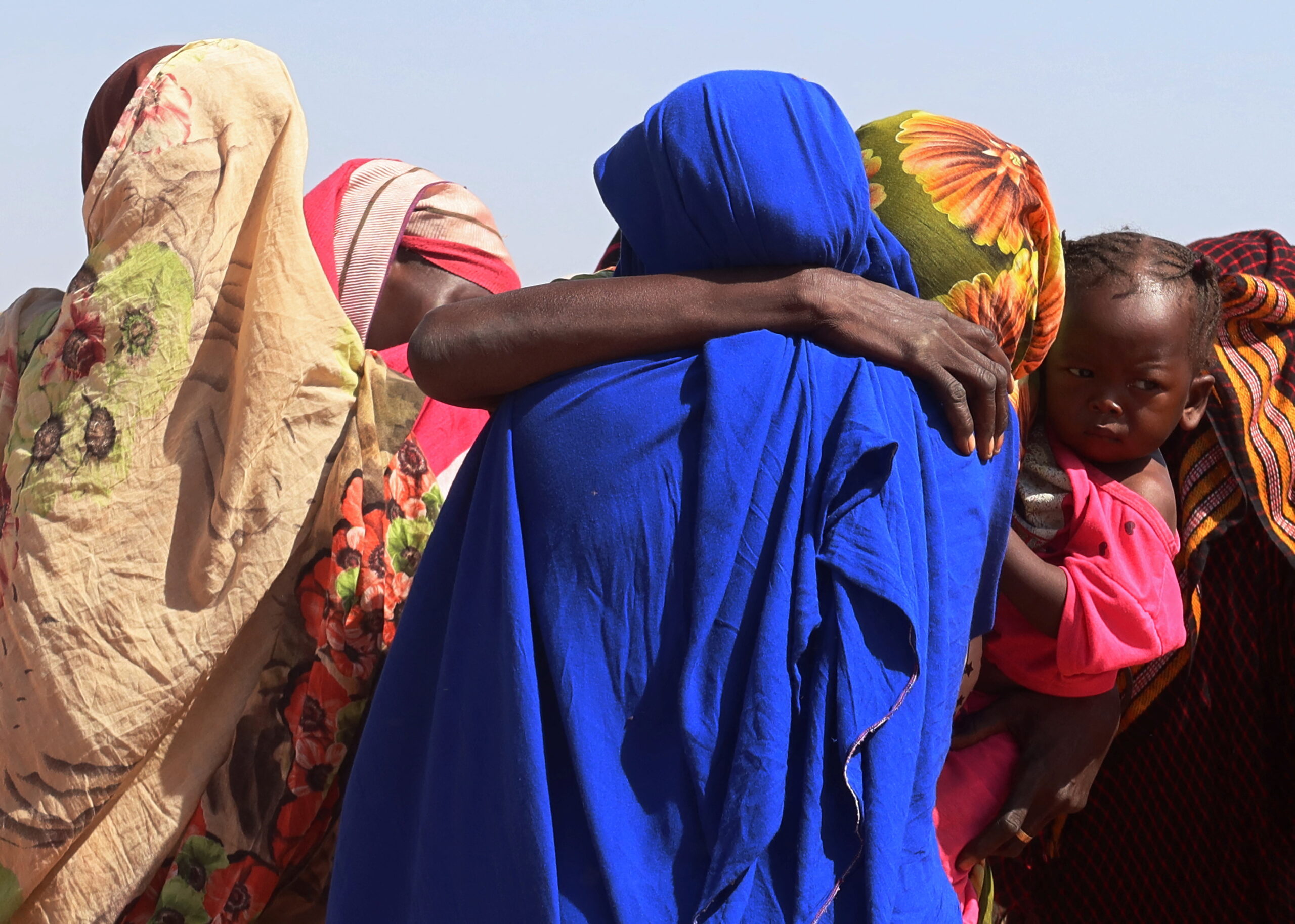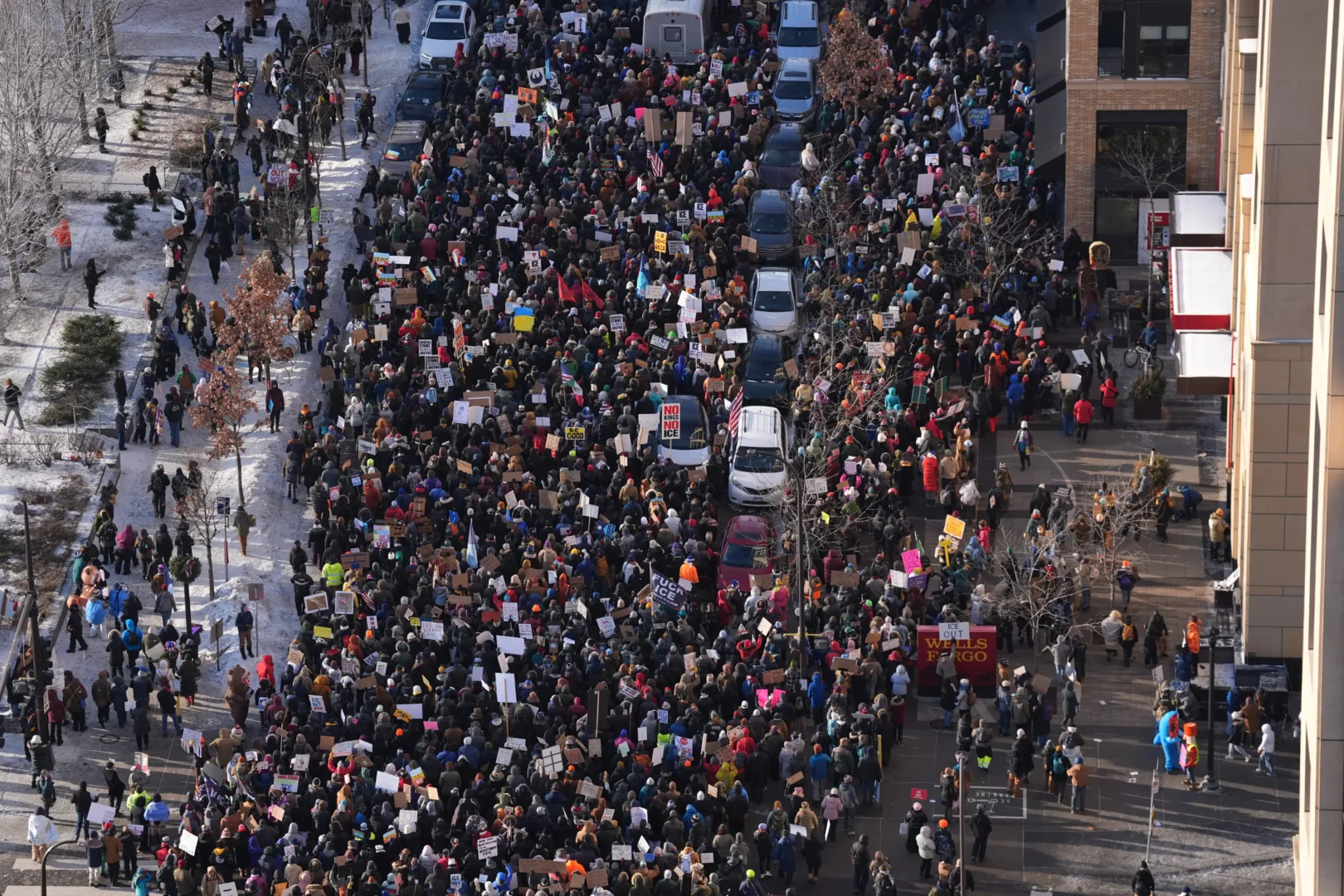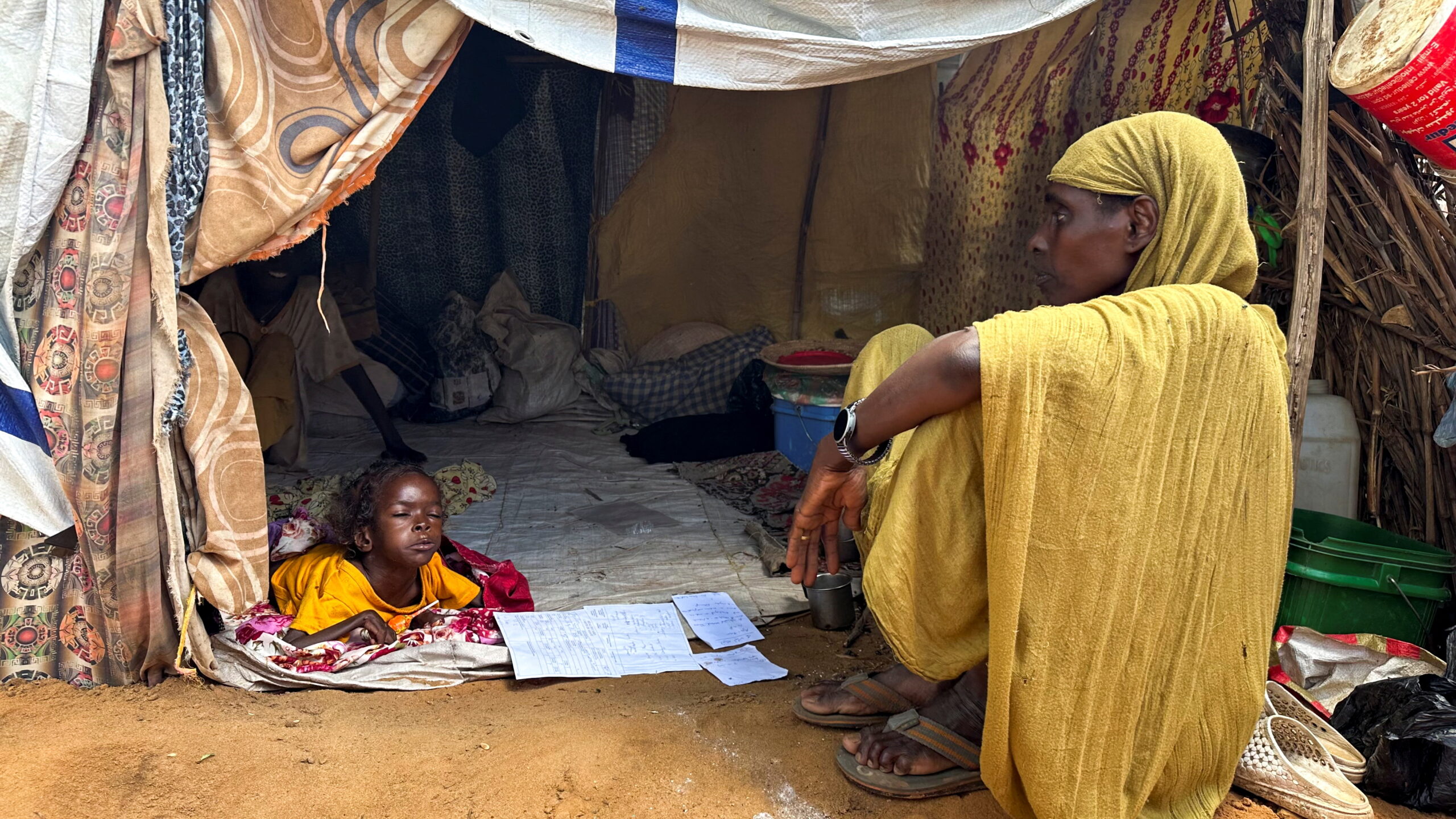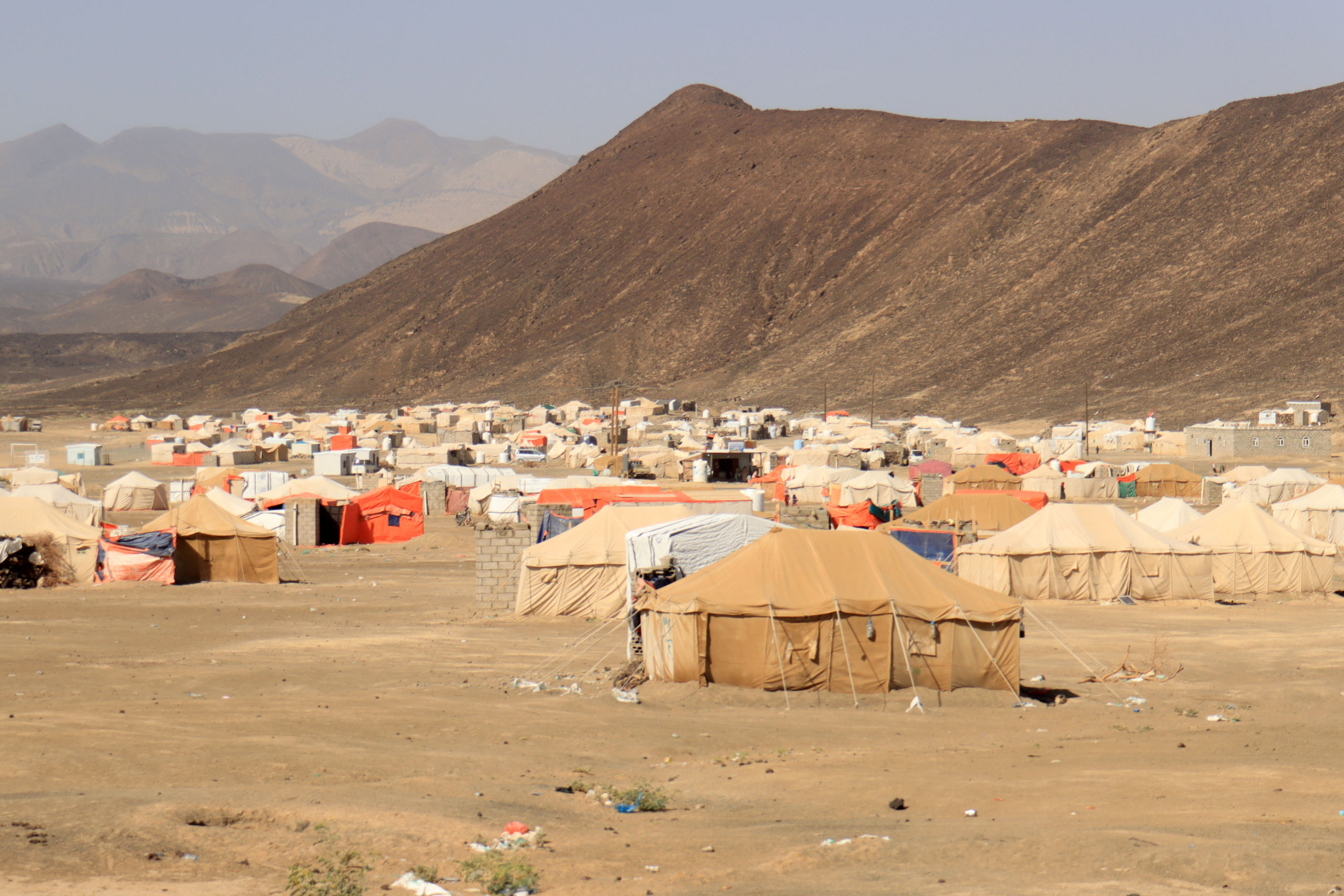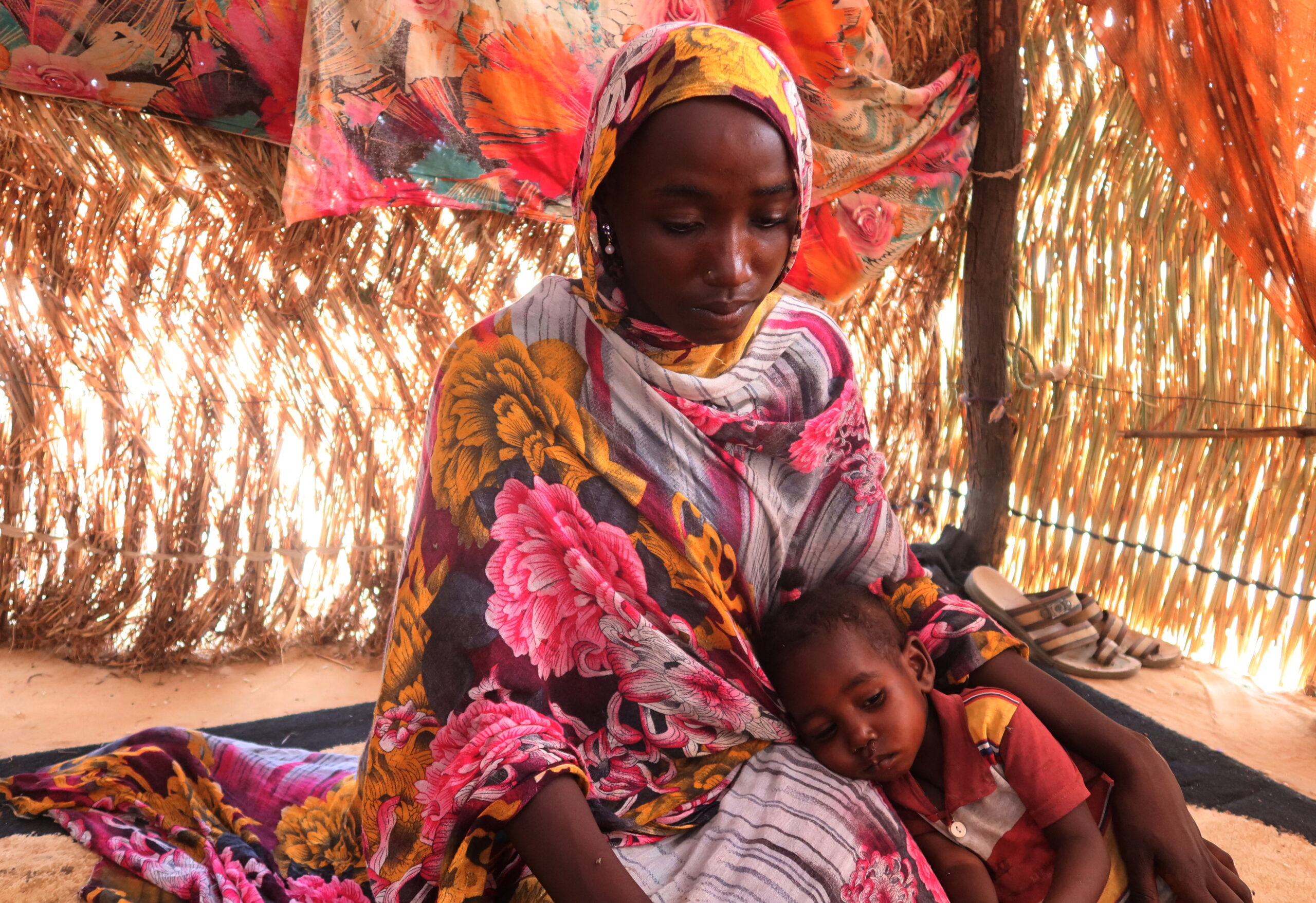Global Alliance for Two-State Solution

Israeli Palestinian conflict based on a two-state framework/Al Jazeera
In Brussels, EU High Representative Josep Borrell and Belgian Foreign Minister Hadja Lahbib opened the second follow-up meeting of the Global Alliance for the Implementation of the Two-State Solution. This key event, co-hosted by the European Union and Belgium, underscores the ongoing commitment to fostering a peaceful resolution to the Israeli-Palestinian conflict based on a two-state framework.
The Global Alliance was launched on 26 September 2024, during the United Nations General Assembly, in a bid to unite the international community around the objective of securing a sustainable two-state solution. The initiative quickly gathered momentum with its first formal meeting in Riyadh on 30 and 31 October 2024. In Riyadh, delegates from various countries and organizations began to lay the groundwork for a collective approach to supporting both Israeli and Palestinian aspirations for self-determination, stability, and peace.
Today’s meeting in Brussels is the second in a series designed to build on the momentum generated in Riyadh and continue discussions on how to advance the two-state solution through meaningful international collaboration. With decades of conflict between Israel and Palestine, the Global Alliance is positioned as a critical diplomatic effort to break the deadlock and reinvigorate peace talks, focusing on issues such as borders, security, refugees, and the future of Jerusalem.
Josep Borrell, in his opening remarks, emphasized the European Union’s unwavering dedication to facilitating a lasting peace. “The European Union remains committed to a two-state solution as the only viable path to peace in the region,” Borrell declared, highlighting the EU’s role in driving diplomatic efforts and providing the necessary resources to support both sides in reaching a peaceful settlement.
Belgian Foreign Minister Hadja Lahbib echoed this sentiment, stressing the importance of multilateralism in addressing the complexities of the Israeli-Palestinian conflict. “Belgium is proud to contribute to this global initiative and is fully committed to supporting a just and lasting solution,” Lahbib said, emphasizing that collective international action is key to overcoming the challenges faced by both Israelis and Palestinians.
During the Brussels meeting, participants will focus on enhancing international efforts to support dialogue between Israeli and Palestinian leaders, while addressing humanitarian concerns and promoting confidence-building measures. One of the core goals of the Global Alliance is to strengthen cooperation with regional powers, particularly in the Arab world, to ensure a broad-based and inclusive approach to peace.
As the Global Alliance continues to evolve, its work in Brussels is seen as an essential step in keeping the prospect of a peaceful resolution alive. The commitment of both the EU and Belgium to act as mediators in this process is a clear demonstration of their belief in diplomacy and multilateral engagement as the foundation for achieving a two-state solution. The discussions here are expected to influence future international efforts aimed at creating the conditions necessary for peace and security for both Israel and Palestine.
Agencies.
- Most Viewed
- Most Popular


